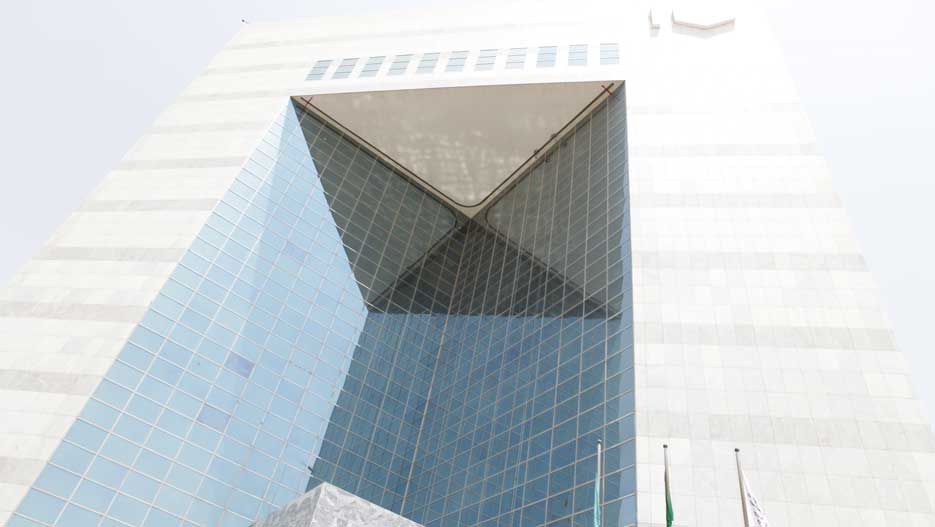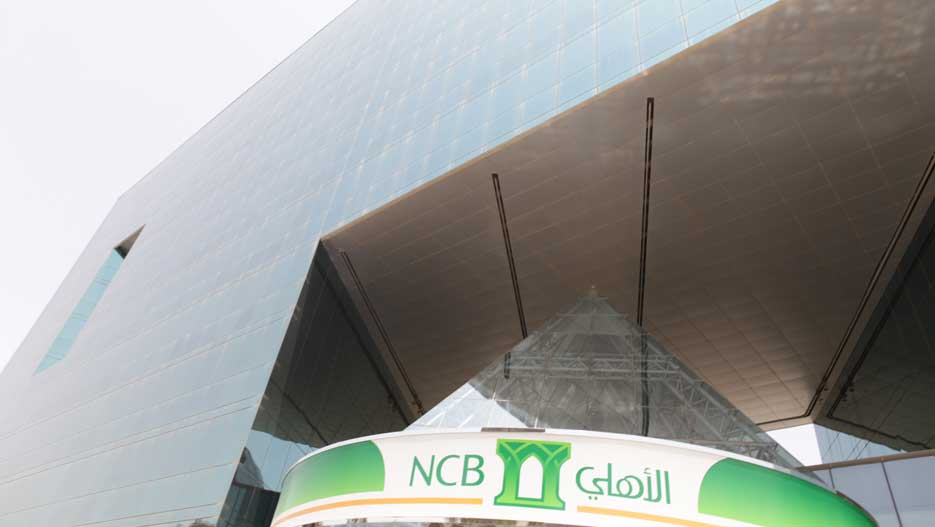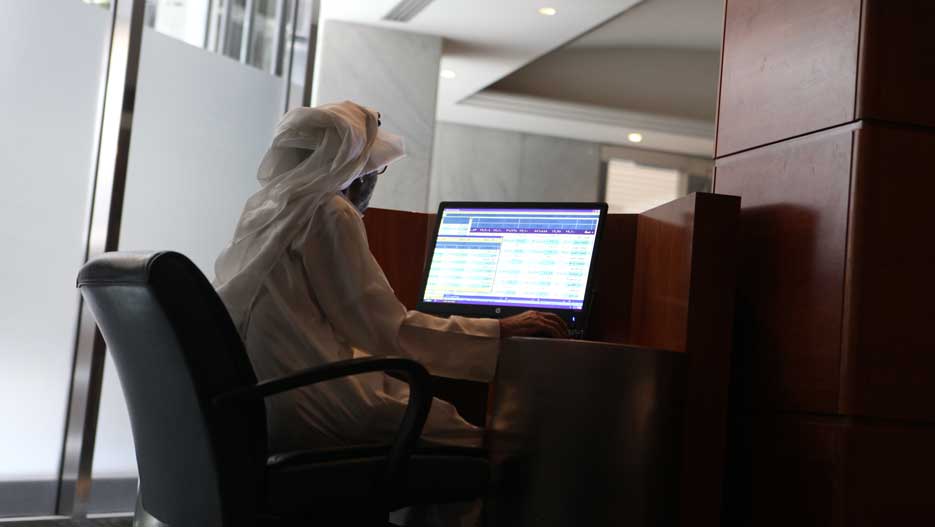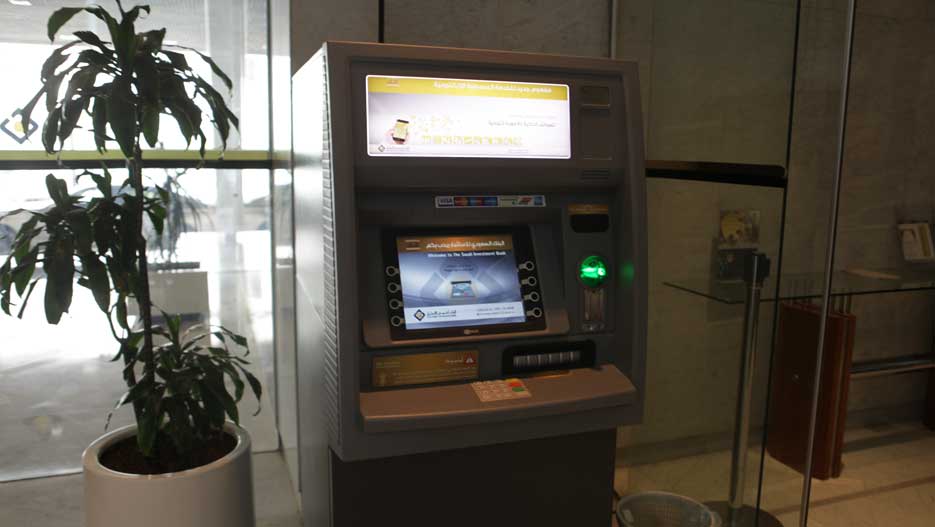Saudi Banking Sector: Saudi Banks Bank on Change
Saudi banks are not only earning money on oil trading. While one might suggest that Saudi lenders became big due to a windfall of the country’s revenues from energy exports, little is known about the Saudi role as the biggest capital market in the Arab world.

Saudi banks are not only earning money on oil trading. While one might suggest that Saudi lenders became big due to a windfall of the country’s revenues from energy exports, little is known about the Saudi role as the biggest capital market in the Arab world.
It is just over 10 years ago, when Saudi Arabia established the Capital Market Authority (CMA) in 2003, at which times the regulations were finalized. “Year after year they (the CMA) also improve the regulations and provide more supervision to companies working under their umbrella, Abdullah Saud Al-Rashoud, the CEO of Blominvest Saudi Arabia.
Once upon a time, lenders were focusing on the local market and on investing petrodollars by buying stocks abroad. Today, most Saudi lenders are respected regional and global players and active in investment banking, private banking and trade financing. Remittances, the transfer of parts of salaries of foreign workers to their home countries is likewise an ongoing cash cow as approximately 20 percent of the 30 million residents are foreigners.

But somehow, the typical closed nature of the kingdom has also survived in financial regulations. There is no Citibank retail branch or HSBC at Saudi airports or in Riyadh around the corner. Because foreign banks are only allowed to open one retail branch, they used to partner up with local banks.
This is why many banks with the first name Saudi have mostly a second name which points to the origin from abroad. Examples are Saudi Hollandi Bank, Saudi Fransi Bank, Saudi British Bank (known as SABB, an HSBC affiliate) or Samba which is not a lender from Brazil. Samba is simply an acronym for Saudi American Bank.
According to the Saudi Arabian Monetary Agency (SAMA), the central bank, there are 12 local banks, while 12 foreign lenders run branches in the kingdom. Among the foreigners are the Western heavyweights BNP Paribas, Deutsche Bank, J. P. Morgan Chase. Recently, the world’s biggest lender, China’s Industrial and Commercial Bank of China (ICBC) received a license from SAMA.
Islamic Banking in Saudi Arabia
British bank Standard Chartered has a Sama license to do investment banking. Dr. Boutros Klink, the CEO of Standard Chartered Saudi Arabia said “We have a lot of experience working in emerging markets. We have played a significant role in developing many markets over the past 150 years.”
“Many companies rely on the banking sector, where they obtain bilateral loans at very compelling pricing due to the abundance of liquidity in the Saudi market,” says Klink.
Nearly all local banks are Islamic banks or former conventional banks which transformed their businesses into Sharia-compliance.

As home of the two holy mosques in Islam in Mecca and Madinah, the purification of assets developed with stop-watch speed in the kingdom, after the event from 9/11 when thousands of wealthy Arabs pulled their capital from Western banks and transferred it home.
When the country’s biggest lender National Commercial Bank (NCB) announced in 2005 to transform its business from a conventional one into an Islamic one, the way was paved for KSA to become the biggest hub by assets for the global Islamic finance industry.
Putting faith into finance has been high on the agenda in the region as Islamic finance grows at 15 – 20 percent per year. According to Ernst and Young, the value of global assets managed in line with Islamic law will reach 2 trillion dollars this year. Klink: “Standard Chartered is very keen to assist in developing the secondary trading market in bonds and sukuks in the Kingdom.”
Investment banking is another field in which lenders can reap benefits. “Since the credit crises, we have seen a relatively diminished number of IPOs coming to the market but we do expect this to increase over the next few years. We are seeing many companies prepare themselves for IPOs,” says StanChart’s Klink.
Earlier this year, Saudi Marketing Company raised $72 million through a going public at the Tadawul bourse in Riyadh. With a market capitalization of around 600 billion dollars, the exchange is the largest in the Middle East.

Outlook for the Banking Sector in Saudi Arabia
Meanwhile, NCB gears up to list its share likewise. The possible $4bn IPO of Saudi Arabia’s biggest lender could raise $4 billion and would mark the biggest primary listing in KSA in 12 years. Ot could top the IPO of Saudi Telecom from 2002.
The possible $4bn IPO of Saudi Arabia’s biggest lender could raise $4 billion and would mark the biggest primary listing in KSA in 12 years. Ot could top the IPO of Saudi Telecom from 2002.
Earlier in July 2014, the market regulator said it will open up the market for foreign institutional investors from the first quarter of 2015 on.
Listings bring investment chances and these chances help firms and individuals to diversify risks and to earn more money. The growing wealth is also seen in the demand for credit cards. “2006 we had 150 staff but today we have close to 400 staff, so the numbers are growing,” says Priyan L. Attigale, the CEO of American Express.
He urges the financial system to upgrade its payment culture. “There are a lot of areas of payment that are still cash or bank transfer only, for example, payments to the government and payments for utilities. There are a lot of traditional bank transfers carried out B to B (Business to Business), which could easily be done by a corporate card,” he says.